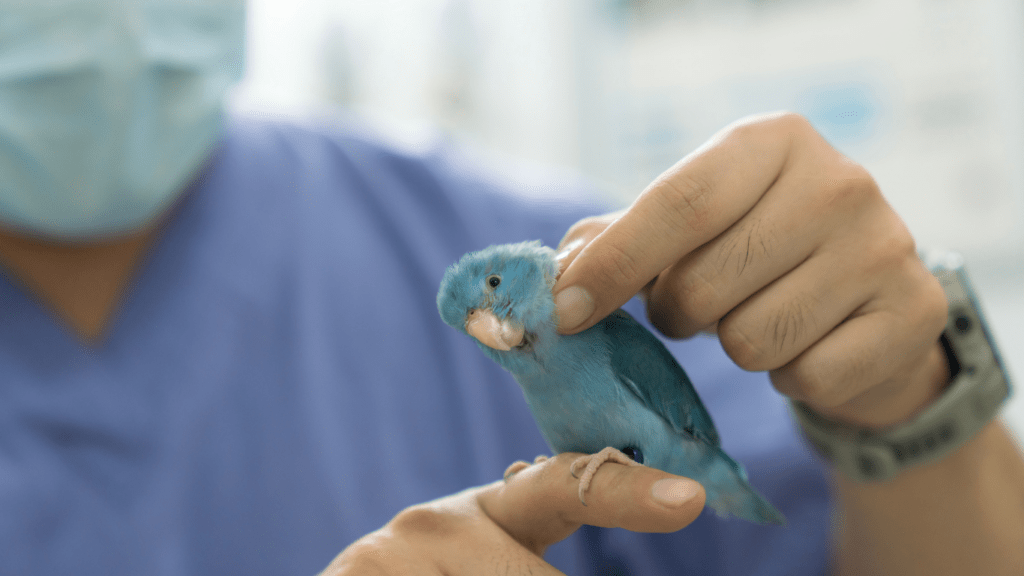Common Health Issues in Pets
Pets often face various health challenges affecting their quality of life. By recognizing these issues, pet owners can take effective steps to prevent them.
Dogs and Their Most Frequent Health Problems
Dogs commonly suffer from ailments such as arthritis, hip dysplasia, and heart disease. Arthritis, affecting their joints, can lead to discomfort and mobility issues.
Ensuring regular exercise and maintaining a healthy weight helps mitigate its impact. Hip dysplasia, a genetic condition, leads to abnormal hip joint development, resulting in pain and arthritis. Regular vet check-ups and appropriate exercise levels are crucial in managing this condition.
Heart disease, caused by various factors like congenital defects and aging, necessitates regular cardiovascular check-ups and a balanced diet to maintain heart health.
Cats and Typical Health Concerns
Cats frequently encounter urinary tract infections (UTIs), diabetes, and renal disease. UTIs, often presenting as frequent or painful urination, require ample water intake and regular vet visits to prevent severe complications. Diabetes, influenced by obesity and genetics, manifests through increased thirst and weight loss.
Monitoring their diet and maintaining an ideal weight are effective preventive measures. Renal disease, marked by poor kidney function, leads to weight loss and lethargy. Early detection through regular blood tests and a renal-friendly diet significantly helps in managing this condition.
Birds and Common Ailments
Birds often experience respiratory infections, nutritional deficiencies, and feather plucking. Respiratory infections, indicated by sneezing and nasal discharge, necessitate a clean living environment and proper ventilation to avoid pathogens. Nutritional deficiencies, often due to an imbalanced diet, lead to weak bones and poor feather quality.
A varied diet rich in fruits and vegetables prevents these deficiencies. Feather plucking, a behavioral disorder, often stems from stress or boredom. Providing mental stimulation and a balanced diet helps reduce this behavior.
Preventative Measures for Pet Health

Preventative care is crucial for maintaining your pet’s well-being. Regular veterinary visits, proper diet and exercise, and timely vaccinations ensure your pet stays healthy.
Importance of Regular Veterinary Visits
Regular visits to the vet help detect health issues early. Vets perform routine checks such as dental exams, blood tests, and weight assessments to catch problems like infections, organ dysfunction, and obesity. Annual or bi-annual vet visits are essential for early diagnosis and effective treatment.
Diet and Exercise Essentials
Balanced nutrition and regular exercise are critical. Feeding pets species-specific diets rich in necessary nutrients like proteins, vitamins, and minerals prevents nutritional deficiencies and obesity.
Exercise, whether through walks, play, or structured activities, maintains a healthy weight and reduces the risk of diseases such as diabetes and arthritis. Cats benefit from puzzle feeders and climbing structures, while dogs enjoy fetch and agility training.
Vaccinations and Routine Treatments
Vaccinations protect pets from fatal diseases. Essential vaccines include rabies, distemper, parvovirus for dogs, and feline leukemia virus for cats.
Timely treatments for parasites, such as fleas, ticks, and heartworms, prevent infestations and related health issues. Consult your vet to establish a vaccination and treatment schedule tailored to your pet’s needs.
Special Care for Aging Pets
Aging pets need extra care to ensure a good quality of life. Special attention to their changing needs can make a significant difference.
Recognizing Signs of Aging
Identifying aging signs helps in providing timely care. Senior pets often experience:
- Decreased Mobility: Pets may show stiffness, limping, or reluctance to climb stairs.
- Weight Changes: Unexplained weight gain or loss could indicate health issues.
- Behavioral Shifts: Increased aggression or anxiety, or changes in sleeping patterns, might occur.
Monitoring these signs helps in early intervention and management.
Managing Chronic Conditions
Chronic conditions need consistent management. Key strategies include:
- Regular Vet Visits: Bi-annual check-ups detect and monitor chronic conditions such as arthritis, diabetes, and kidney disease.
- Medication and Supplements: Prescribed treatments and nutritional supplements can alleviate symptoms and support overall health.
- Dietary Adjustments: Special diets formulated for senior pets help manage weight, support joint health, and ensure proper digestion.
Adapting care routines to meet the specific needs of aging pets ensures they remain comfortable and healthy.


